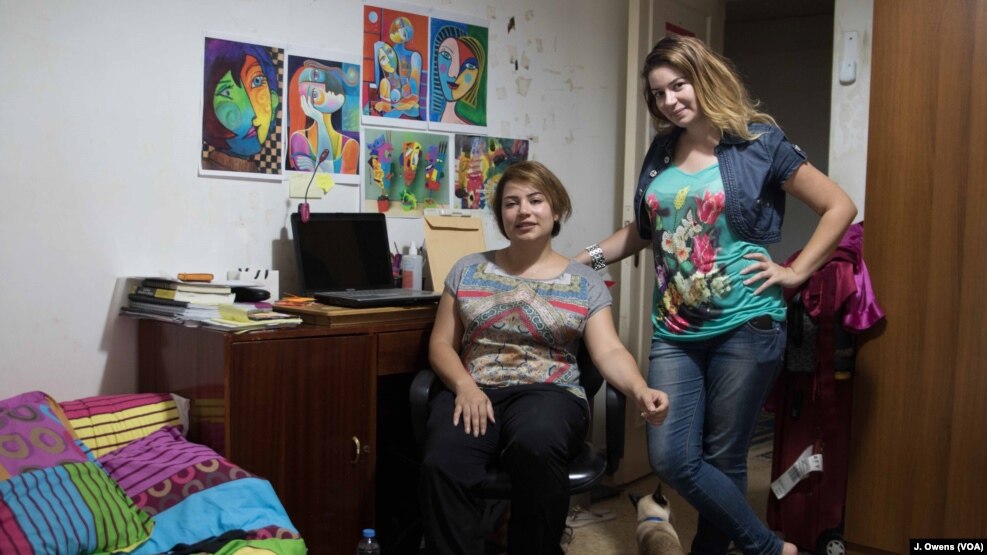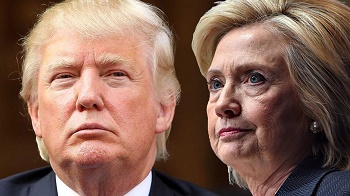
Written by Marco De Novellis – businessbecause.com
The Middle East is often in the news for all the wrong reasons. Yet amid the wars, the terrorism and the tension, new generations of entrepreneurs are looking to change perceptions, drive societal change and improve quality of life.
Among them, Saleh el Khazen, a Lebanese innovator using sports to make a
social impact. Over the past decade, Saleh has worked on construction
projects in Qatar and Lebanon.
He’s a partner and board member of the pioneering ELKA construction
group and founded its Lebanon-based subsidiary – project development and
management company Sminds – before embarking on a project
management-focused EMBA at SKEMA Business School.
The French “Grande école” jets its EMBA students off to study at a
range of international campuses; in Oslo, Shanghai, Dallas, and, as of
2017, Belo Horizonte in Brazil. The program culminates in the “capstone
project” where students can build business plans for their own
entrepreneurial ventures.


 Changiz M. Varzi
Changiz M. Varzi






